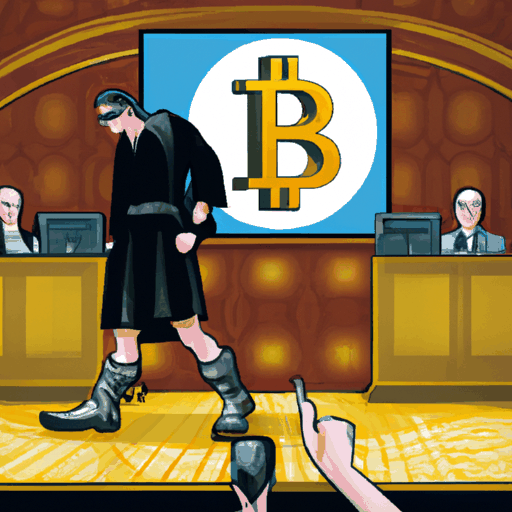
Men Accused in New York Crypto Torture Case Released on Bail
By: Eliza Bennet
In a significant development in the ongoing legal case involving allegations of kidnapping and torture over cryptocurrency extortion, two men have been released on bail by a New York court. John Woeltz, 37, and William Duplessie, 33, both of whom were previously detained on charges related to the incident, have each been granted bail set at $1 million, according to court documents from the New York Supreme Criminal Court. The decision was rendered by Judge Gregory Carro amidst widespread interest in the case, which has captured public and media attention due to the sensational nature of the allegations.
The case centers around a disturbing incident reported earlier this year on May 6, when an Italian cryptocurrency trader, aged 28, was allegedly taken hostage upon his arrival in New York. The victim claims he was held captive in a Manhattan townhouse where he endured physical assault and psychological coercion. The abductors, allegedly Woeltz and Duplessie, reportedly demanded access to the trader's Bitcoin wallet, aiming to steal his digital assets. The brutality of the attack and the involvement of cryptocurrency have added layers of complexity to the legal proceedings.
Both Woeltz and Duplessie have entered pleas of not guilty to the serious charges, which include kidnapping, assault, and coercion. As part of their bail conditions, the defendants are subject to stringent terms—they must wear electronic ankle monitors and have surrendered their passports to prevent any attempts at fleeing the country. This ensures their presence during the legal process and upcoming trial dates, as the case continues to unfold in the courtrooms of New York.
This case has highlighted the growing trend of crimes involving cryptocurrency, drawing attention to the need for enhanced regulatory and security measures for digital transactions. As the trial progresses, the public and legal community alike will be watching closely, not only for justice in this individual case but also for broader implications in how cryptocurrency-related crime is addressed by the legal system. Information on the evolving nature of cryptocurrency regulations can be found with comprehensive resources from well-established communities and organizations focusing on legalities surrounding digital assets.



